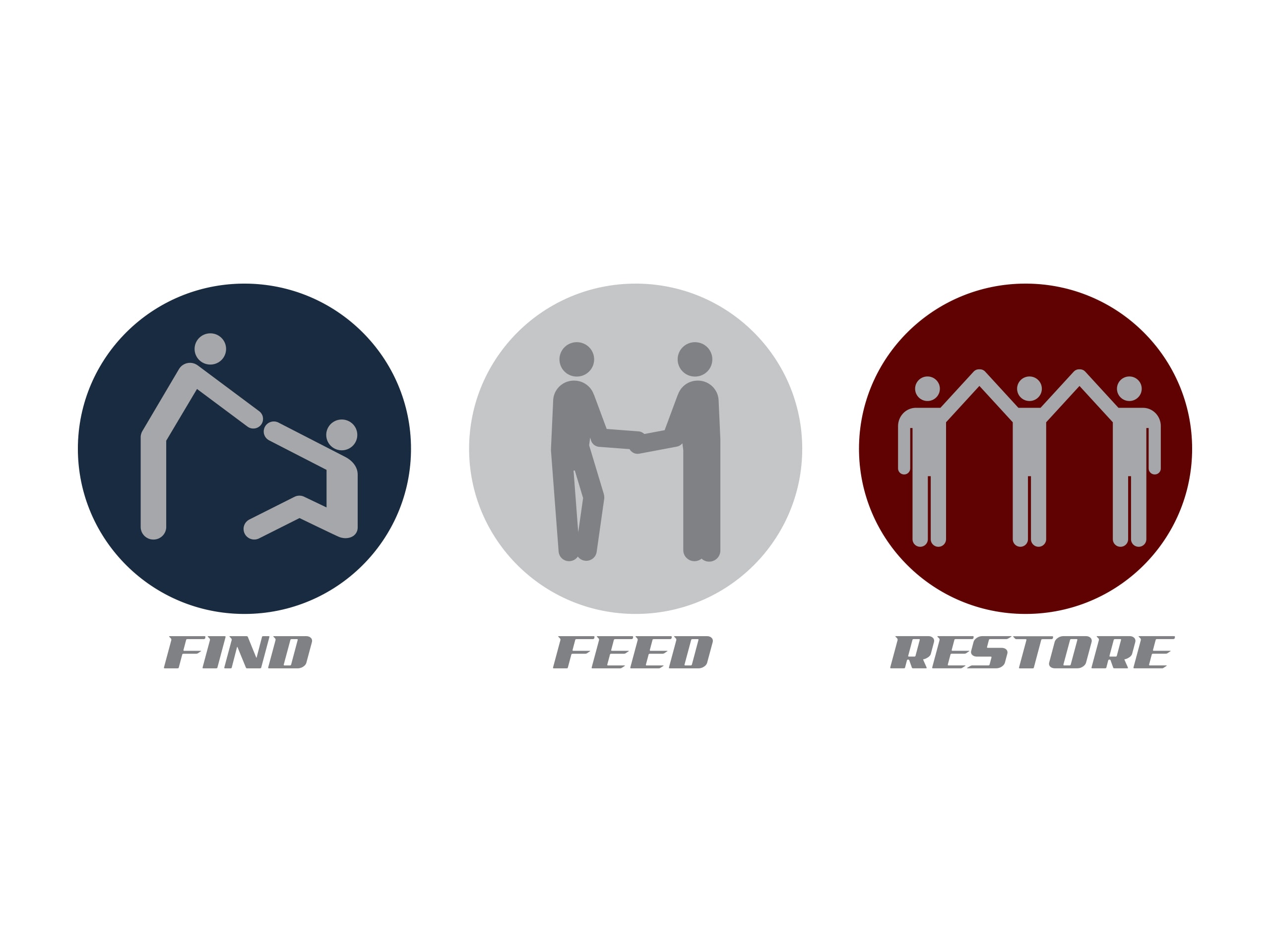What You Need to Know About Reporting Virtual Currency Transactions to the Internal Revenue Service
I recently did a presentation on virtual currency transactions since the IRS started sending letters to taxpayers with virtual currency transactions who potentially failed to report income or did not report their transactions properly. It was a topic I felt needed to be addressed, but with the interest from those present and those who heard about it, I figured I would educate all of you on how to properly report these transactions.
What Is Virtual Currency?
Let me first explain:
- There are over 1,500 different types of virtual currency and most of these virtual currencies are built on top of another type of virtual currency.
- Virtual Currency may be used to pay for goods or services, or held for investment.
- It is a digital representation of value that functions as a medium of exchange, a unit of account, and/or a store of value.
- In some environments, it operates like “real” currency, but it does not have legal tender status in any jurisdiction.
The main virtual currency that most people know about is Bitcoin. Virtual currency that has an equivalent value in real currency, or that acts as a substitute for real currency, is referred to as “convertible” virtual currency and Bitcoin is a convertible virtual currency. A Virtual Currency Transaction might be sent from any place and received at any point in the world. Digital accounts and wallets can kind of be thought of and treated like bank deposits and bank accounts as well. The sale or exchange of convertible virtual currency, or the use of convertible virtual currency to pay for goods or services in a real-world economy transaction, has tax consequences that may result in a tax liability.
So Then How Is Virtual Currency Treated For Federal Tax Purposes?
For federal tax purposes, virtual currency is treated as property. Which means, you need to apply general tax principles related to property transactions when using virtual currency.It is not treated as currency that could generate foreign currency gain or loss. The receipt of virtual currency as payment for goods or services is included in income at its fair market value at the date of receipt.Therefore, a taxpayer who receives virtual currency as payment for goods or services must, in computing gross income, include the fair market value of the virtual currency, of course, measured in U.S. dollars, as of the date that the virtual currency was received.
The fair market value (FMV) is your basis of the virtual currency. You are required to determine the fair market value of virtual currency in U.S. dollars as of the date of payment or receipt. To do so, if a virtual currency is listed on an exchange and the exchange rate is established by market supply and demand, the fair market value of the virtual currency is determined by converting the virtual currency into U.S. dollars (or into another real currency which in turn can be converted into U.S. dollars) at the exchange rate, in a reasonable manner that is consistently applied. If the FMV of the property you received in exchange for virtual currency exceeds your basis of the virtual currency, you have a taxable gain. You will have a loss if the FMV of the property received is less than your basis of the virtual currency.
Here is a couple of examples of a taxable Gain or (Loss):
- You exchanged a piece of equipment for $4,500 in bitcoin and the FMV of the equipment was $5,000, you will now have a gain of $500.
- You exchanged a piece of equipment for $5,500 in bitcoin and the FMV of the equipment was $4,000, you will now have a loss of ($1,500).
To determine what type of gain, Capital or Ordinary, depends on whether the virtual currency is a capital asset. Capital losses can only be deducted from capital gains, therefore, it is important to understand that type.
For example:
Stocks, bonds, and other investment property are generally capital assets.
Inventory and other property held mainly for sale to customers in a trade or business are examples of property that is not a capital asset.
What if you are paid for services in virtual currency?
If you received virtual currency for payment for your services this does constitute income and you must report it as such.
Virtual currency received by an independent contractor or an employee constitutes income.Your basis is the same as I explained before, using the fair market value of virtual currency received for services at the date of receipt. If you are an independent contractor this constitutes self-employment income and is subject to the self-employment tax. The same will go if you are an employee, that is income and will need to be reported as such and will be subject to federal withholding tax.
If you pay someone using virtual currency you will need to report it to the IRS.
If you make payments to employees, you will need to report it to the individual in on form W2. If you make payments to independent contractors of $600 or more you will need to report that on from 1099-misc. Many virtual currency users were not aware that they were supposed to record their gains and losses as taxable events each time they made purchases with their virtual currency or sold them for money.
The IRS is giving people a chance to either report these transactions or to correct what they might have reported. They have provided guidance on the tax treatment, as I discussed, which applies to individuals and businesses that use virtual currencies. They are giving everyone a chance to correct their returns without consequences. Once that time to come forward has lapsed, they will not be so lenient. This is why it is important to me for you to know and understand to how to properly report these transactions.
Therefore, if you or someone else you know is using virtual currency you need know how to properly report it before the IRS comes after you.
I know this can be confusing, but it is important to understand your responsibilities to avoid penalties. If you would like to discuss your personal situation, please call me at 407-559-1047. To learn about all the services I offer, please see my website.









